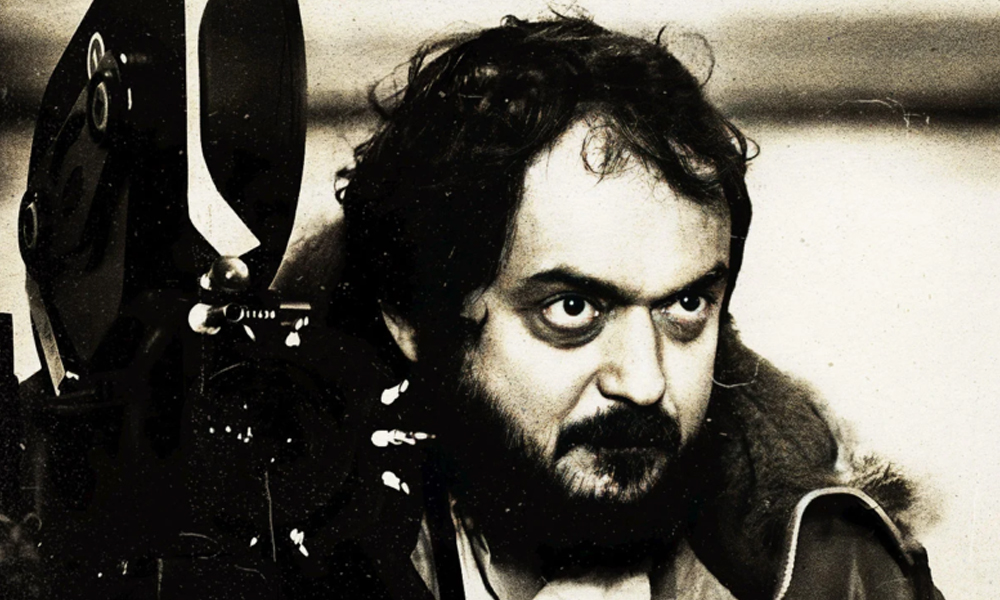In the early 1980s, Keanu Reeves began his acting odyssey in several stage productions at
the Hedgerow Theater in Pennsylvania. Hollywood wouldn’t beckon until 1986, when Reeves received acclaim for his movie debut, Youngblood. However, it was 1989’s classic sci-fi comedy Bill & Ted’s Excellent Adventure that served as the actor’s major breakthrough on screen.
Subsequently, Reeves attracted top-flight filmmakers of disparate ilks, taking on stand-out roles in 1991’s Point Break and 1992’s Bram Stoker’s Dracula. Crucially, his role in Point Break allowed him to secure an ongoing career packed to the rafters with action movies, including Speed, The Matrix and John Wick.
After four decades in the industry, Reeves has worked with some of the greatest directors in the business, including Francis Ford Coppola and the Wachowskis. As a famously amiable man, it’s hard to imagine Reeves getting on the wrong side of any filmmaker. Alas, Reeves once admitted it was probably for the best he never got the chance to work with Stanley Kubrick, who died in 1999 following his work on Eyes Wide Shut.
On several occasions, the ever-humble Reeves has admitted to not being the most virtuosic actor in the world. His style is well suited to specific roles, and he’s nailed several timeless movies, but he’s leant on the crutch of multiple takes on several occasions.
“Those films afforded me the chance to do, like, 40 takes,” Reeves told The Guardian of his work in the Wachowskis’ Matrix movies in a 2010 interview. “And you don’t oftentimes get to do that. On Henry’s Crime, it was, like, ‘Take three? Wow!’”
Continuing, Reeves explained the extent of his take fetish by claiming that he would have even driven Stanley Kubrick, famed for a similarly meticulous nature, a bit loopy. “After take 400, Kubrick would’ve been, [in Brooklyn accent] ‘All right, cut,’” Reeves said, chuckling. “And I’d be like, ‘Stanley, can I do one more?’ ‘What!?’ ‘Look, I know I’m just drinking this glass of water, but I think I can find another side to this. Let’s just do one more, OK?’ ‘Argh, OK, Reeves.’”
“You know what? I would’ve broken Kubrick,” Reeves added. “‘Please, sir, can I have some more?’ ‘Take 600. All you gotta do is walk across the road.’ ‘Come on, Stanley, one more!’”
Kubrick’s reputation for multiple takes has been echoed through the years by many a frustrated actor. Understandably, The Shining crew would have been excused for yawning by the 148th take it took to get one of the scenes just right. However, Kubrick lamented that actors were often ill-disciplined and blamed the painstaking process on lack of competency.
“Actors are sometimes undisciplined enough not to go home and go to sleep at night and learn their lines, and they go out,” Kubrick once said. “They cannot act without knowing dialogue. If you have to think about anything when you’re acting, you cannot work on the emotion. It’s happened on every film. There’s really not much you can do about it.”
